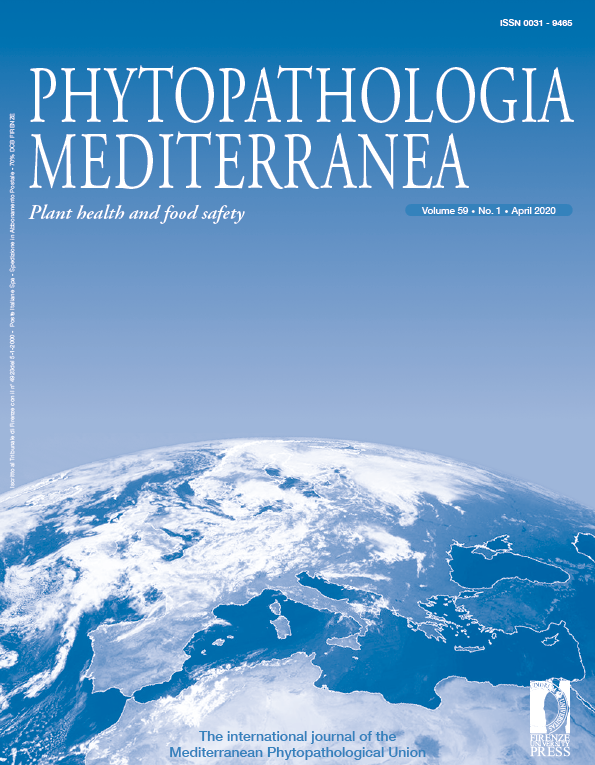Published 2020-03-14
Keywords
- Aspergillus,
- Fusarium,
- aflatoxins,
- fumonisins,
- deoxynivalenol
How to Cite
Abstract
Maize is the principal staple food/feed crop exposed to mycotoxins, and the co-occurrence of multiple mycotoxins and their metabolites has been well documented. This review presents the infection cycle, ecology, and plant-pathogen interactions of Aspergillus and Fusarium species in maize, and current knowledge on maize chain management to mitigate the occurrence of aflatoxins and fumonisins. Preventive actions include at pre-harvest, as part of cropping systems, at harvest, and at post-harvest, through storage, processing, and detoxification to minimize consumer exposure. Preventive actions in the field have been recognized as efficient for reducing the entrance of mycotoxins into production chains. Biological control of Aspergillus flavus has been recognized to minimize contamination with aflatoxins. Post-harvest maize grain management is also crucial to complete preventive actions, and has been made mandatory in government food and feed legislation.







